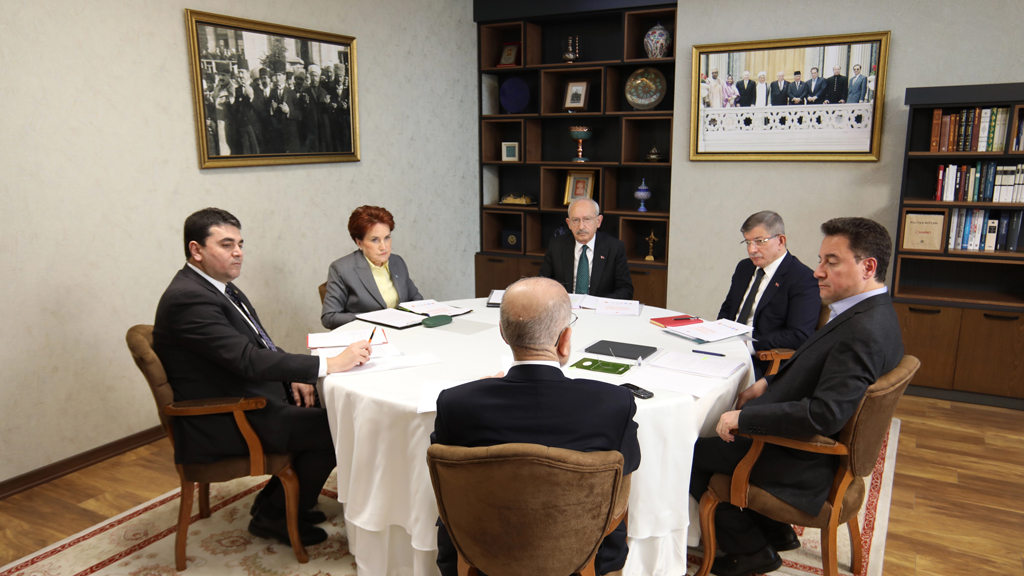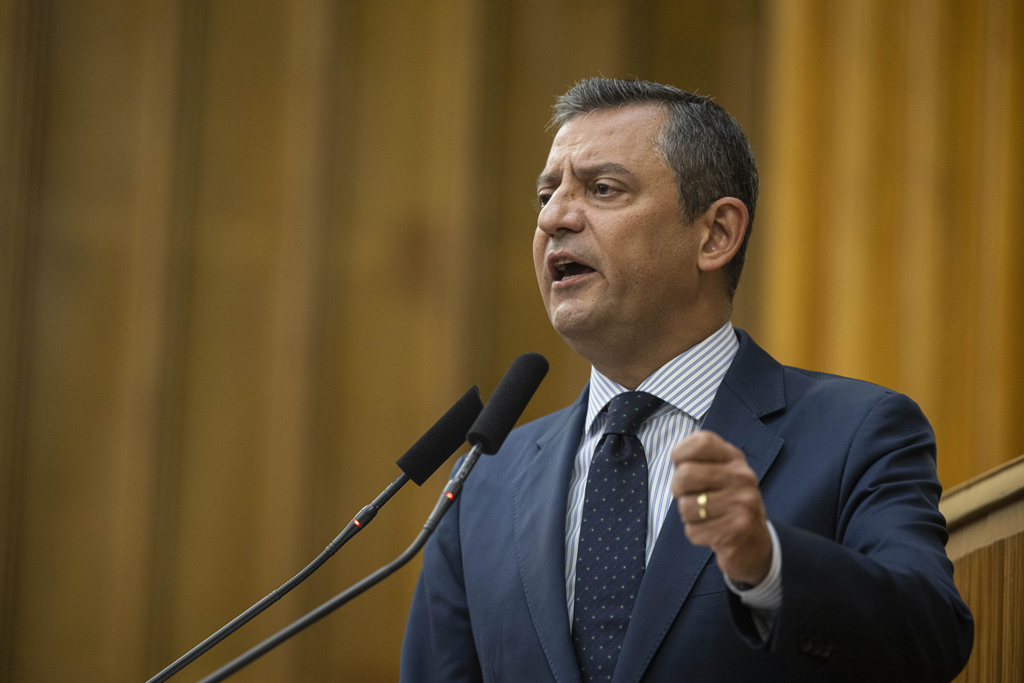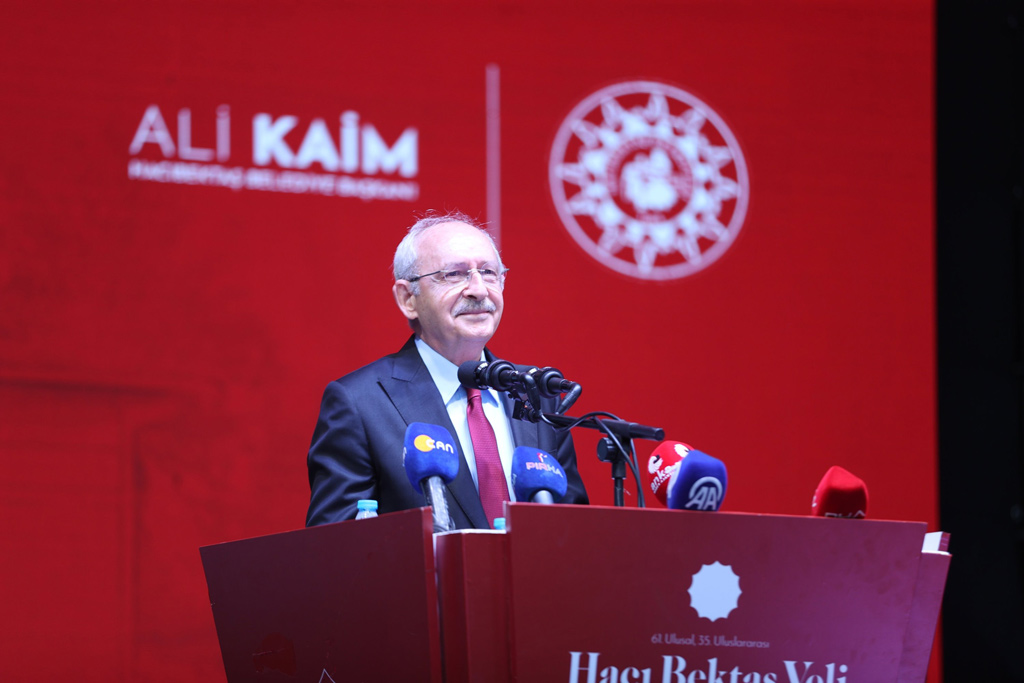Introduction
Türkiye will hold presidential and parliamentary elections on May 14, 2023. The February 6, 2023 earthquakes, together with the economy, domestic politics and foreign policy, and national security, will be the main items on the electoral agenda. At the same time, the drafting of a new constitution and the system of government will remain subjects of public debate as major issues in domestic politics. In 2017, Türkiye held a constitutional referendum to amend its Constitution after long years of aiming to abandon parliamentarism and adopt a new system of government that was rooted in presidentialism yet had certain unique aspects. Opposition parties have constantly criticized that new system since then, calling for the restoration of parliamentarism. As a matter of fact, it was the parliamentary system’s restoration that initially brought together and motivated the six opposition parties that currently call themselves the Table of Six.This article analyzes the approaches of the two major electoral alliances set to compete in the upcoming elections, instead of focusing on each political party’s proposed system of government separately. The Justice and Development Party (AK Party) and the Nationalist Movement Party (MHP) will contest the 2023 elections under the People’s Alliance banner –as they did in 2018. In contrast, the Nation Alliance, which the Republican People’s Party (CHP) formed with the Good Party (İP) in the most recent general elections, is expected to enlarge by incorporating the Felicity Party (SP), the Democracy and Progress Party (DEVA), the Future Party (GP), and the Democratic Party (DP). Indeed, those six parties, which identify themselves as the Table of Six, have been meeting regularly and forming working groups to develop common policies. Judging by public statements by both alliances, the drafting of a new constitution and the system of government will presumably be major issues on their campaign trail. The AK Party and MHP, which formed the People’s Alliance, designed Türkiye’s new system of government, which became operational on July 9, 2018, and campaigned for its adoption through a constitutional referendum in 2017. Accordingly, the People’s Alliance maintains that the presidential system must remain intact and possibly be consolidated. Furthermore, it reflects on five years of experience and discussions to acknowledge the possibility of implementing certain reforms. In other words, the ruling alliance does not reject proposed changes, which are intended to rehabilitate the system, categorically. The People’s Alliance also pledges to make harmonization laws, which Parliament was unable to pass in 2018 due to early elections and a quicker-than-planned transition to presidentialism and to build on administrative reforms that Türkiye implemented simultaneously with the new system’s adoption. Last but not least, it is necessary to note that the AK Party and President Recep Tayyip Erdoğan have not limited themselves to reforming the system of government and have been urging all political parties, without any preconditions, to participate in the drafting of a completely new constitution for a very long time. As such, those calls and the clues that a new draft constitution, which the AK Party commissioned a scientific board to prepare, regarding the system of government also deserve attention. Read more on Insight Turkey: Governmental System Discussions Ahead of the 2023 Elections: Why the Nation Alliance’s Proposal for Semi-Presidentialism is not a Viable Option
The February 6, 2023 earthquakes, together with the economy, domestic politics and foreign policy, and national security, will be the main items on the electoral agenda







